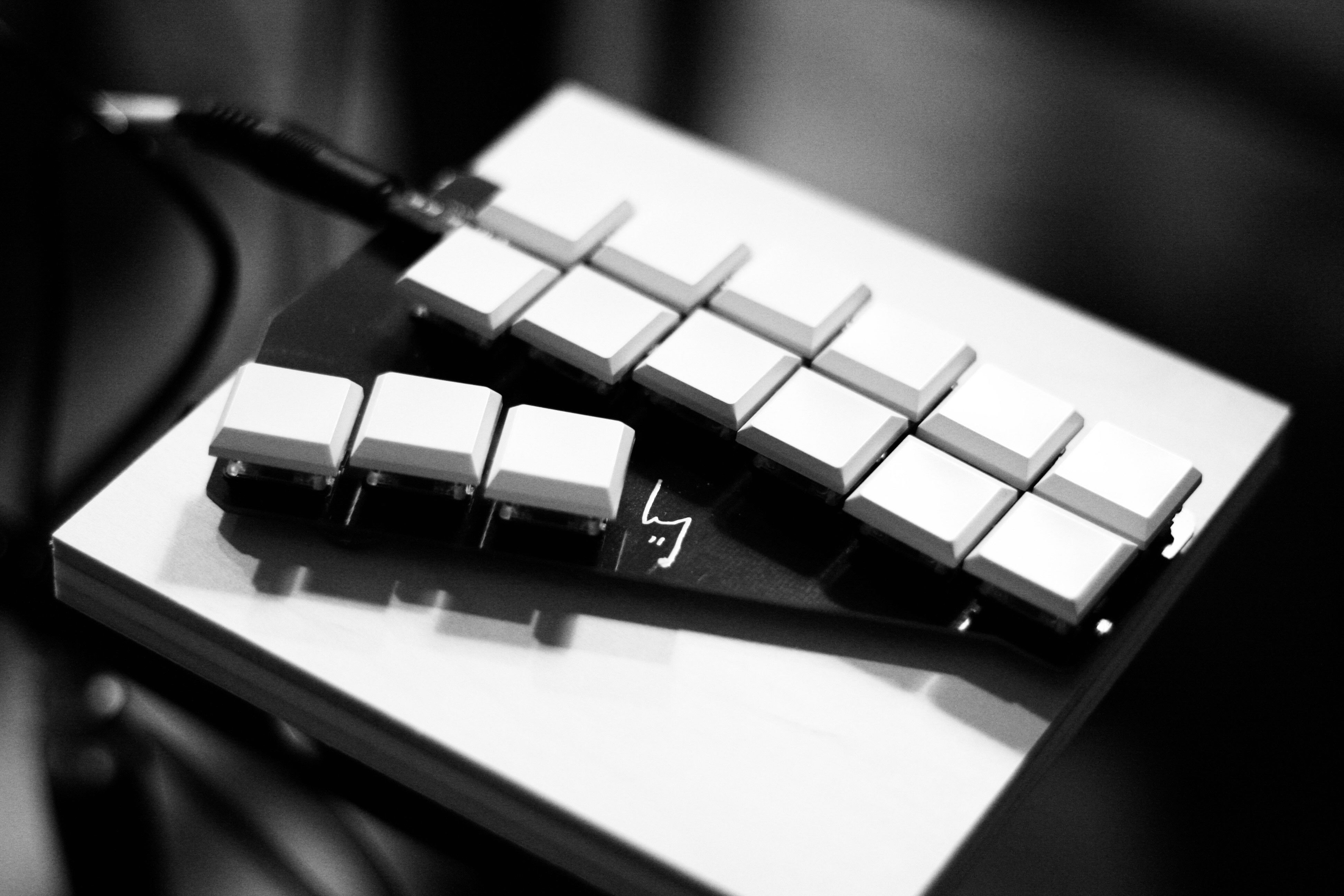LISTEN: Why Stenography Matters in Oregon Today

Image: Courtesy Jim Ladd
We’ve all seen courtroom dramas where some lawyer points to a person sitting in a corner with a tiny keyboard and asks them to read back a conversation that happened just a few minutes ago. As you may know those people are called stenographers, and they’re trained to type using shorthand methods that allow them to type as quickly as people speak. And they document everything from courtroom cases to medical conversations, and provide live closed captioning on TV or captioning for deaf or hard-of-hearing audiences at events.
What you may not know is that in the 1990s, Oregon state courts and magistrate hearings—but not federal courts— began using digital recordings instead of live stenographers in order to save money. In our electronic age, sure, that sounds like a good idea, and while stenographers seem like a relic of past courtrooms, the shift toward digital recordings has come with unintended consequences.
Today on Footnotes: Why Stenography Matters in Oregon Today. My guest today is Stephanie Gehring, a writer and Portland Monthly contributor. She recently wrote a two-part article on the importance of courtroom reporters and stenographers, why the shift toward digital recordings matters, and how to become a stenographer yourself.
Guest
- Stephanie Gehring
Links
About Footnotes
Every Friday we break down our most important stories with the writers, contributors, and editors who crafted them. Hosted by Portland Monthly’s digital editor Gabriel Granillo, Footnotes provides clarity on complex stories with intimate and informative interviews.
Listen on Spotify, Google Podcasts, Apple Podcasts, and Buzzsprout.




